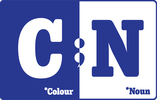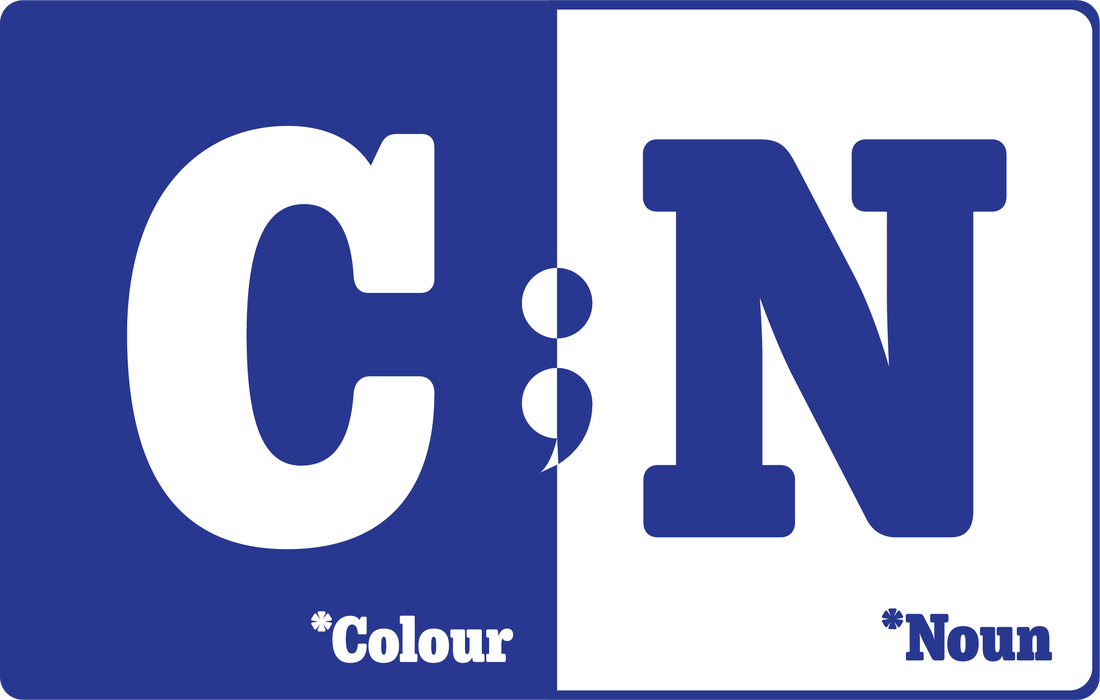|
June. The solstice has been and gone so the nights are drawing in and it’ll soon be Christmas. On the plus side, we are seeing more people committing to running face-to-face events now that the restrictions are easing and organisations attempt to get their teams meeting up again. Although there will undoubtedly be an increase in remote working in the future, there really is no substitute for the benefits that come from physical, real-world meetings and events. Your ability to communicate, interpret and respond to non-verbal signals has evolved over thousands of years… there is no way anyone can adapt to a world that comes at you through a computer screen in a few months. Are you being "seen"?Working away from other people, with the limitations of digital check-ins can make you feel disconnected, undervalued and invisible. There are some interesting psychological factors that we have encountered about the “need to be seen”. Our latest blog article looks at the impact of not being "seen" in business,. Of course, some people don’t like to be seen. If you want to watch a confident, eloquent leader turn into a stumbling, inauthentic mannequin, just point a camera at them. It doesn’t even take a camera. Asking some people to make a presentation can be just as debilitating. In many ways, as they say, it’s “horses for courses”. At Colour;Noun, Howard has, in the past, happily performed to 2000 people in the Comedy Tent at the Reading Festival; Vicky has belted out the iconic Grizabella role from Cats to a 700-full theatre, completely unfazed when her microphone gave out on her. I’m certain neither of us would swap roles (you certainly wouldn’t pay to hear Howard sing) but finding your “happy place” in what could be a stressful situation is vital if you want to project authenticity and confidence. Authenticity and "trying too hard"One of the counter-intuitive things that we like, and that we often explore through Applied Improvisation, is the peril of trying too hard. Imagine a conversation about your hopes and ambitions for the next five years. The way you project yourself, the words you choose, the way you phrase things will be completely different when this conversation is with your friends in a social situation than it would be if the question came up in a job interview for a role that you really wanted. The pressure to look and sound good might cause you to stumble over your words, or possibly the outward projection of the image that you want to present might be a completely inauthentic version of who you are. Either way, it’s not the you that you are when you’re relaxed with your friends. Being authentic when addressing a bigger group is also vital. Company aims and ambitions can be impersonal, but that doesn’t mean that they can’t be communicated in a human way. We have long challenged the exclusivity and power-games that come from an over-use of buzzwords and jargon (and you might like to check out To Be Clear by Phillip Collins in this regard) and few things can create a barrier between the speaker and their audience more than using language that confers status or (you think) makes you sound clever. Upcoming events?If you are looking to re-connect people through a live, face-to-face event in the next few months and you would like to do something that announces that your business is back and looking to the future, we offer a free, no-obligation 60-minute phone or video consultation to talk through your ideas, hopes and what might be possible.
Just click on the link and pick a time!
0 Comments
We all need to be seen.
We live in a fast-paced, always on, impersonal world. With all the noise created by society and the demands of the workplace it’s all too easy to feel invisible and undervalued. Humans have always wanted to be noticed and acknowledged. It’s why people paint their front doors different colours to set them apart from everyone else, and what is graffiti tagging except a modern equivalent of “[insert name] was here”? A personal statement in an impersonal urban environment. It could be said that the trolling, vitriol, entrenched opinions, vehement rebuttals and angry defences that typify much of social media is another aspect of this, as people who don’t want to be invisible look for likes, bites, arguments and follows to justify their existence. It has been said that conspiracy theories frequently have their genesis in accounts with very few followers. Being the person who breaks an exclusive, niche claim that gives credibility to your position confers the weird celebrity of being the person with access to information that others don’t… even if that information is wrong or made up. Even the concept of the retweet is an interesting one. You can signal to everyone what you value; a one-click opinion and a telegraphed position… and if it generates a debate or an argument, well, at least you’ve been seen. This is even stranger when you consider that the piece of glass and plastic in your pocket can be used to access the sum total of all human knowledge, yet most people use it to share videos of cats or get into arguments with people that they’ve never met. What does this need to be seen mean for the workplace? For a start, many organisations are so large and complex that it is impossible to know everyone, and even if you do know all the members of your department or function, chances are they’ve all been working from home with only video interaction for the past year and a bit. Being seen on a screen isn’t the same as being seen as an actual, three-dimensional person. To answer this question I’d like to point you in the direction of some research conducted by Dan Ariely, Emir Kamenica and Drazen Prelec. They set up the following exercise. I will let you draw your own parallels with your working environment… They paid people to complete a simple, repetitive task, finding pairs of letters in blocks of text, like “gg” or “tt”. Completed sheets were handed to an invigilator to receive their payment, but every completed sheet earned the participant less than the last one. So far, so boring and seemingly pointless. The interesting wrinkle was that there were three groups of participants. One group had their answers quickly scanned by the person checking them before filing them. In other words, their contribution was acknowledged. The second had their “work” filed without being checked – ignored – while the third group had their unchecked work immediately put into a shredder. As you might imagine, the acknowledged group persisted with the task much longer, completing over a third more sheets. What might be more surprising is that there was no difference between having your work ignored and shredded. Think again about the work that takes place in your business and how much it is acknowledged – seen – and how much is either ignored (or shredded!) The researchers made no attempt or show of checking the quality or the accuracy of the work. They just wanted to see how much of a difference being acknowledged makes to motivation. Furthermore – and this is a pointed observation to people who think that certain elements of their workforce want to make as much money as possible while making as little effort as they can get away with – the “shredded” team could have made an endless amount of free money by handing in blank sheets of paper. The fact that they didn’t shows the demotivating effect of not being seen, or valued, for what you do. So, how many emails have you ignored today? How many times have you been so “busy” that you haven’t acknowledged someone giving you something? How many times have you not looked over a piece of work that has been put in front of you? (Remember “ignoring” = “shredding”). How many times has your eye contact or attention been lacking? How many times have you skipped the “thank you” or not bothered with a smile? Coming at it from the other angle, what does it feel like to do “pointless busy work” that seems to have no value, and that doesn’t allow you to be seen? Does it make you feel like engaging in the next company initiative or programme? We all need to be seen. Feel free to like, share, dispute, argue or insult me about this. At least I will know that someone was watching. |
AuthorColour; Noun (Vicky Holding and Howard Karloff) Archives
November 2022
Categories |





